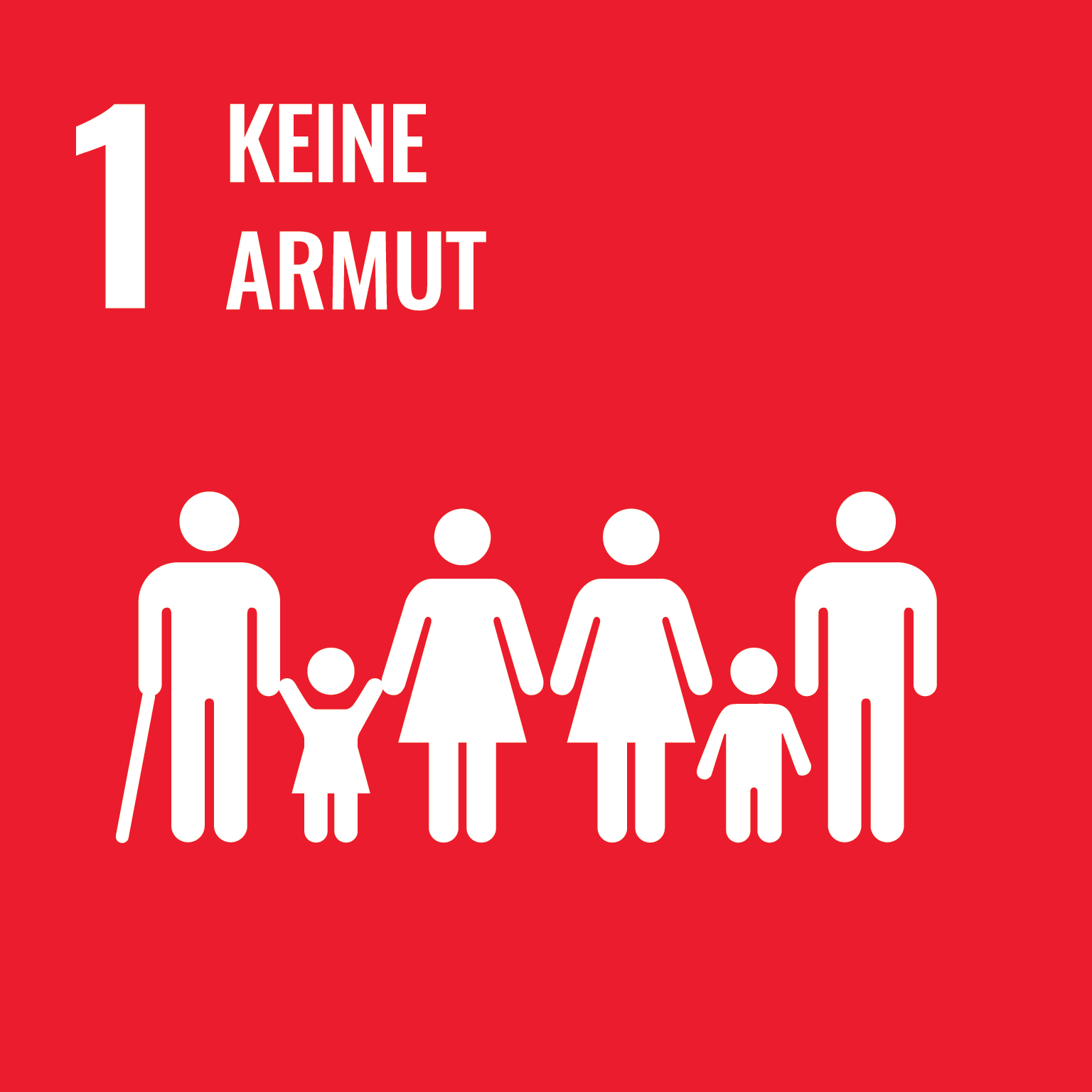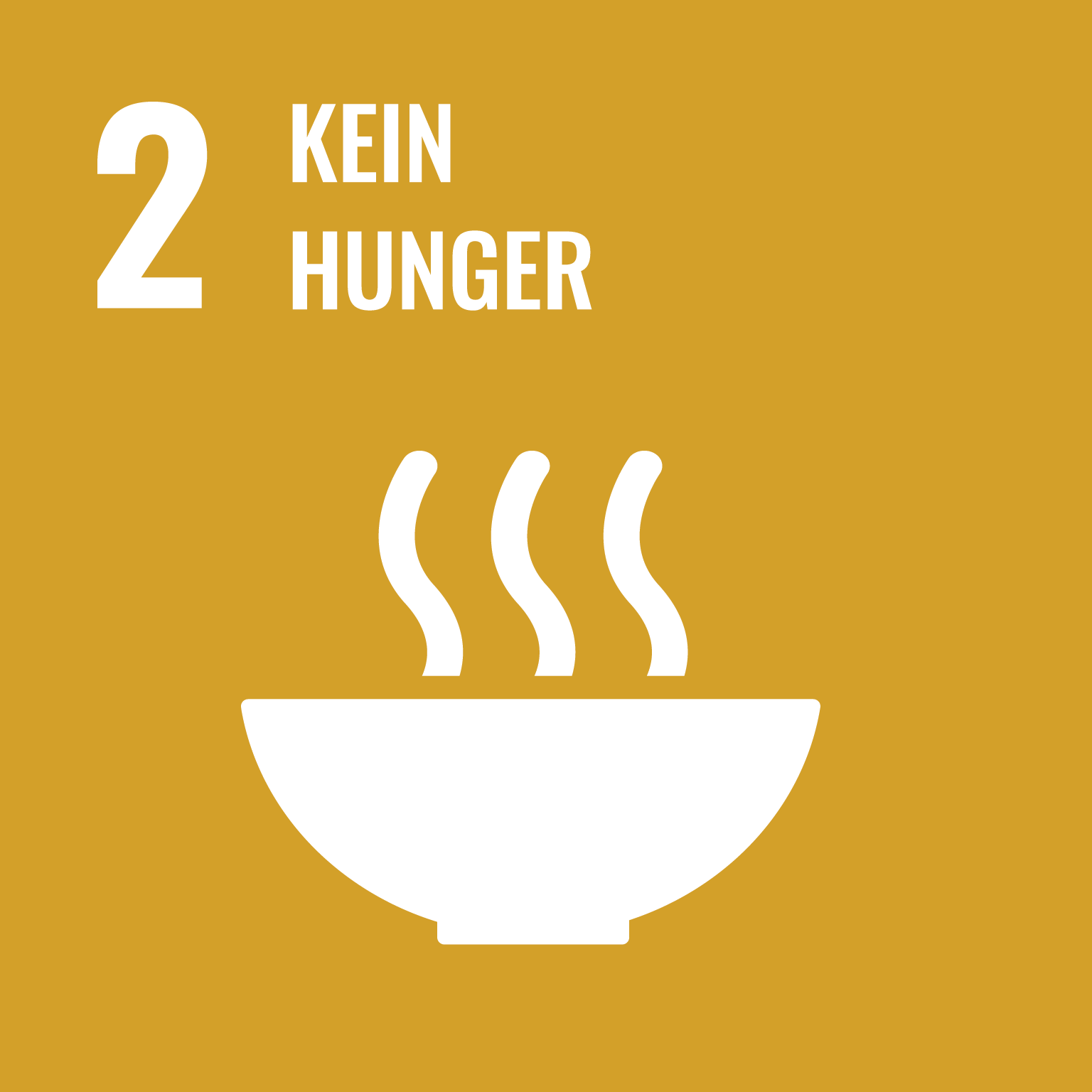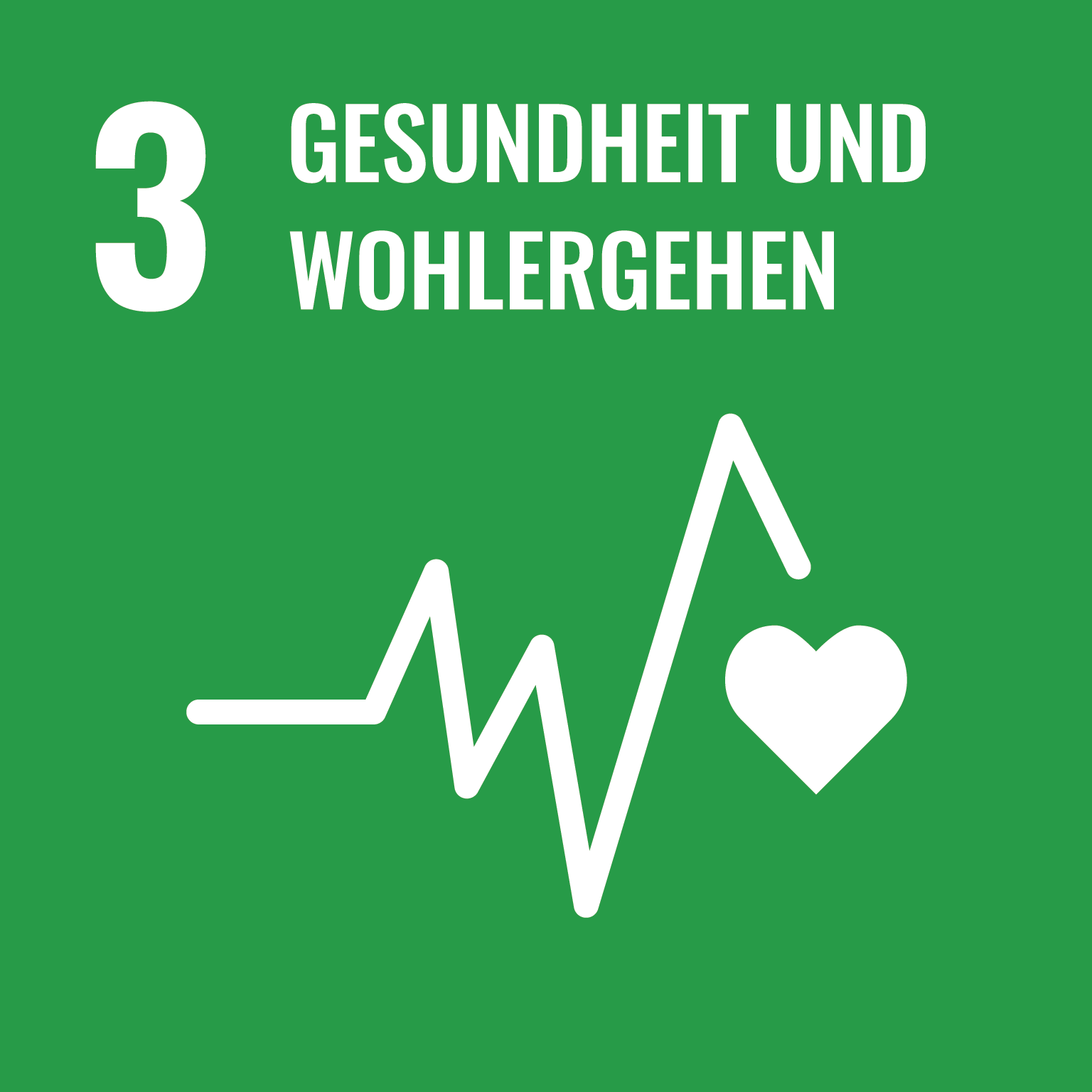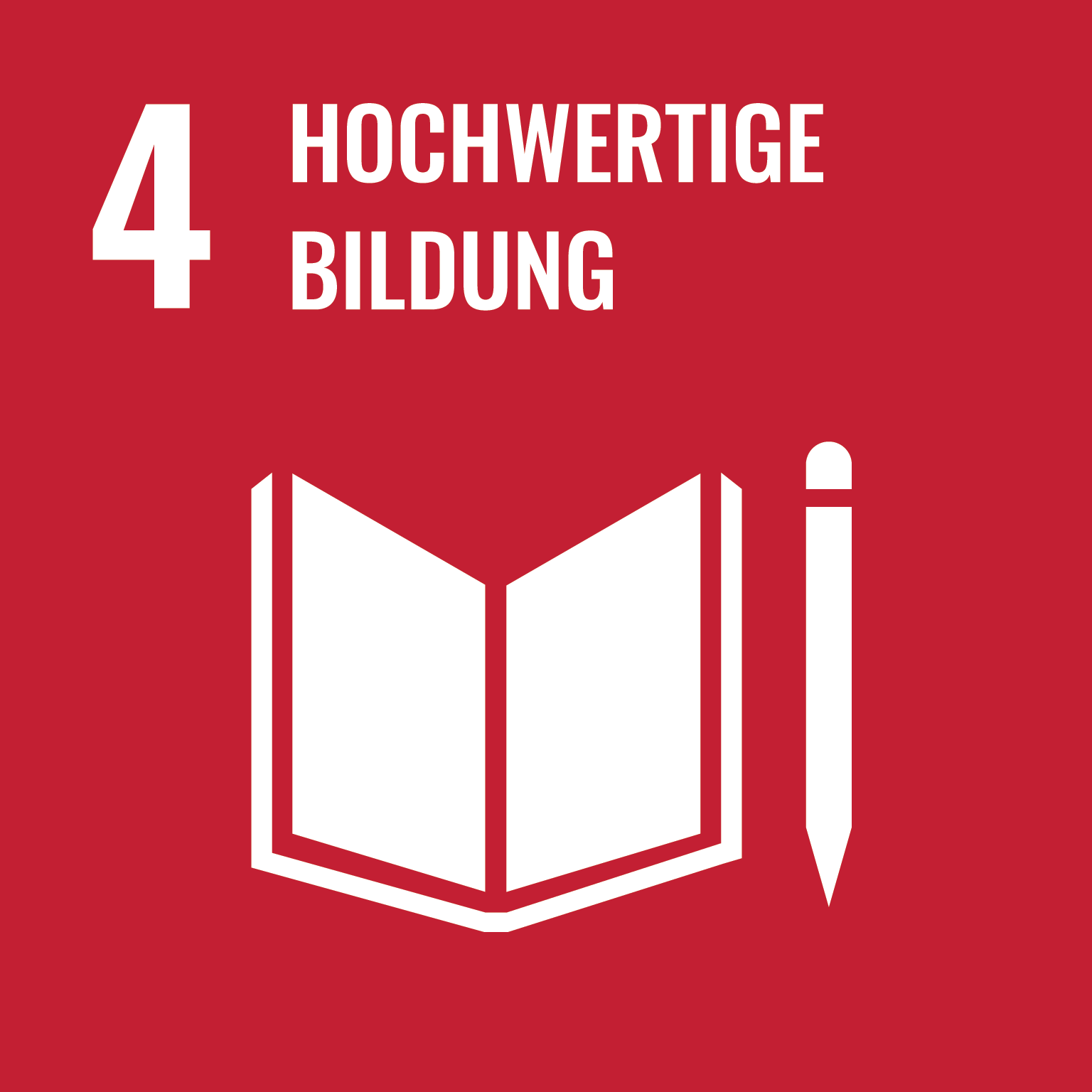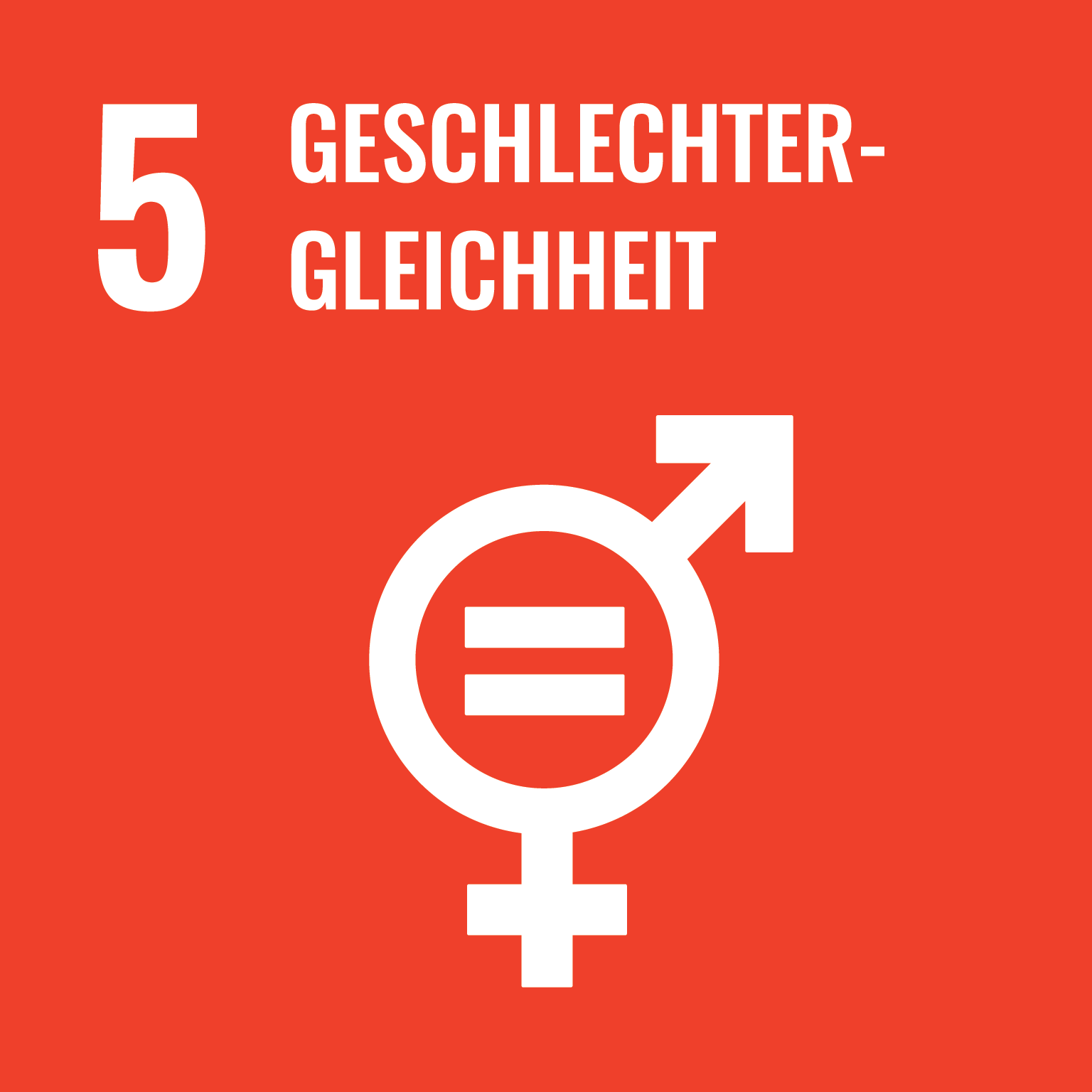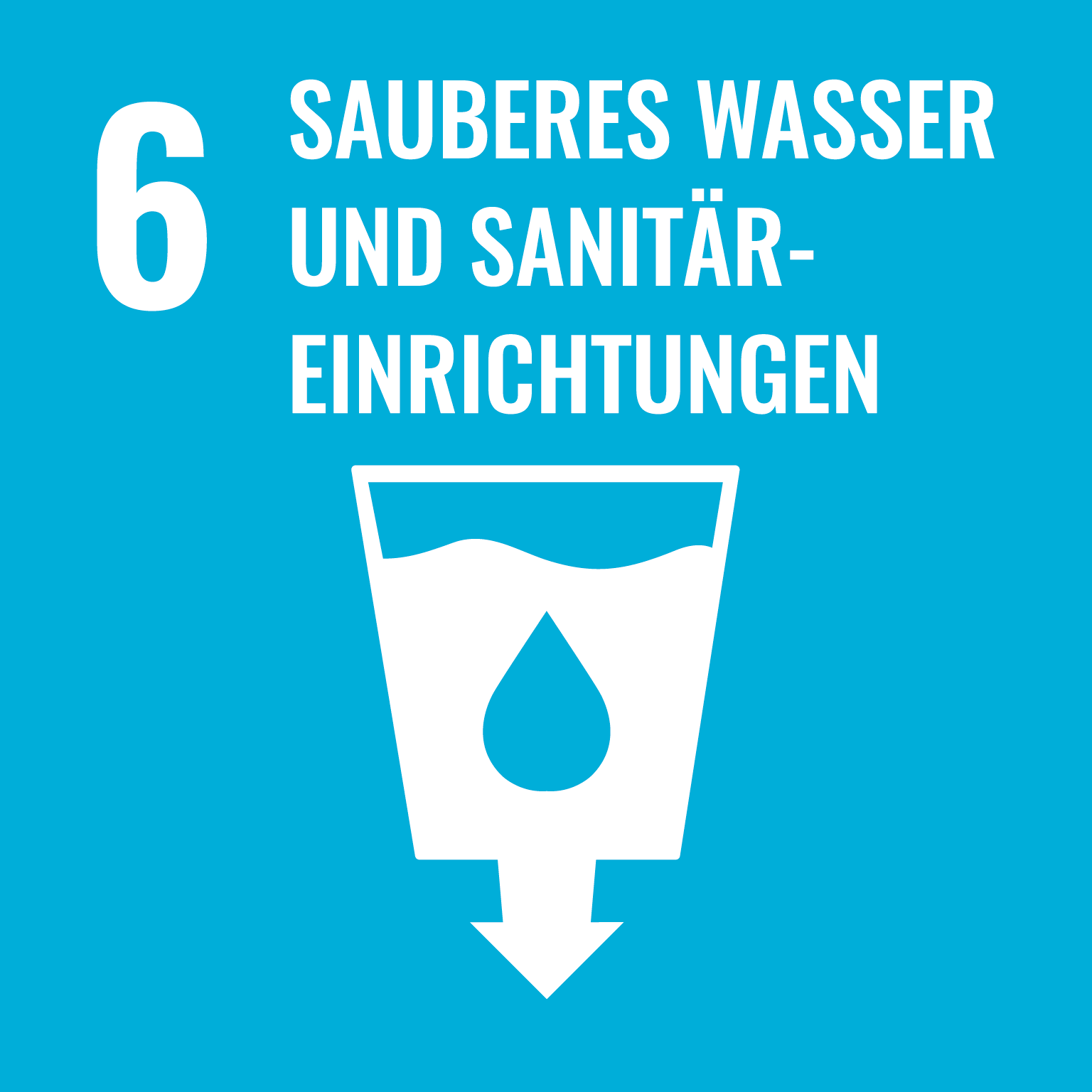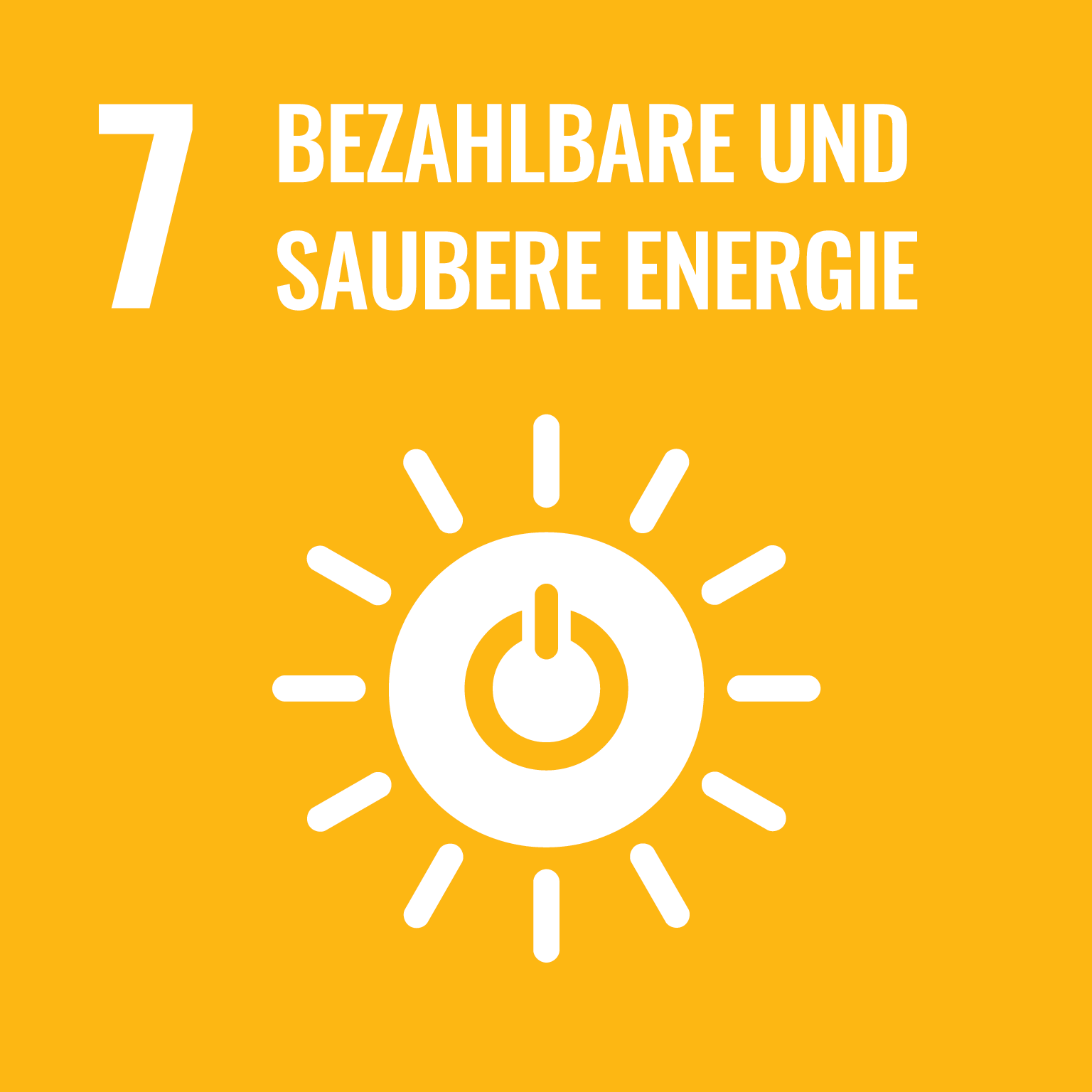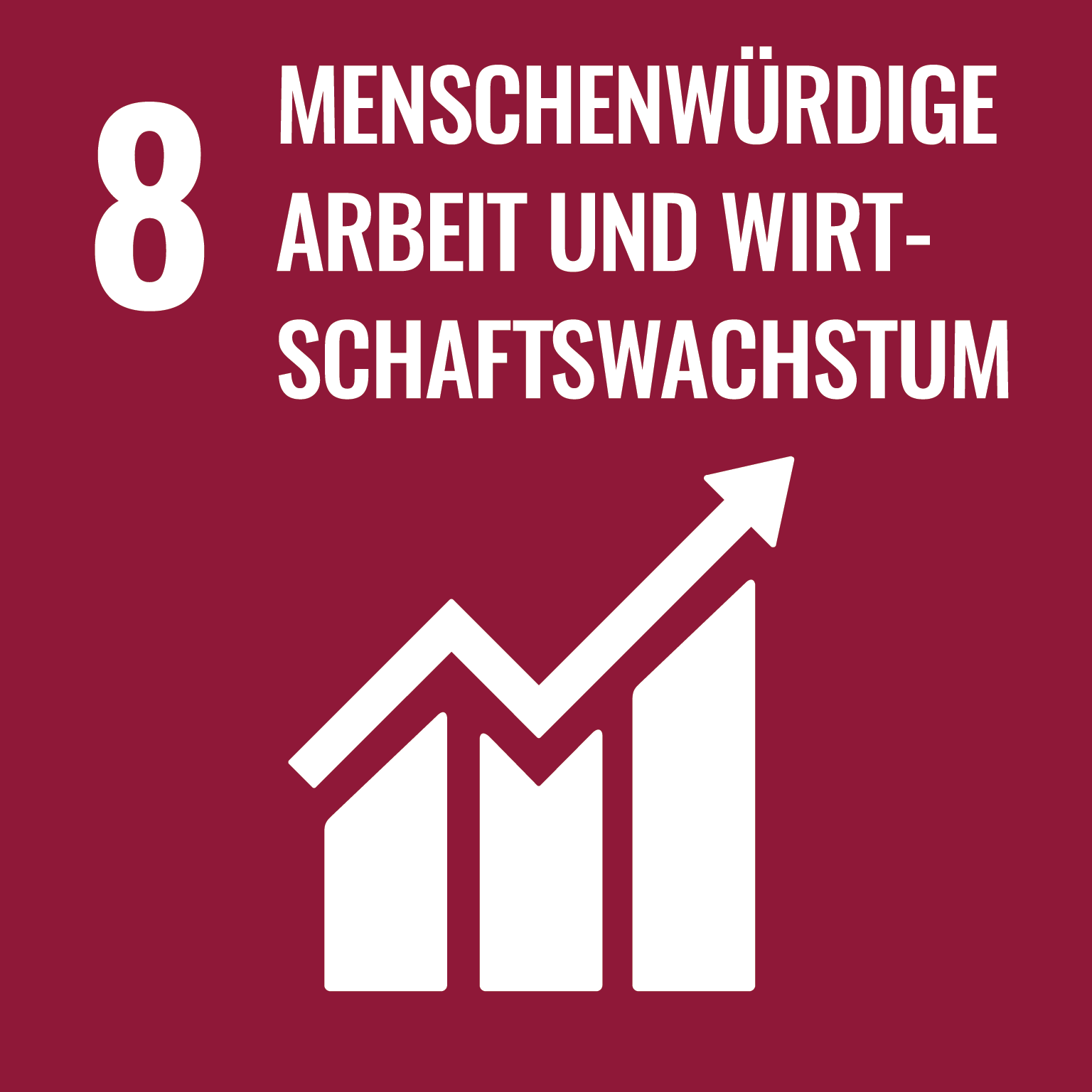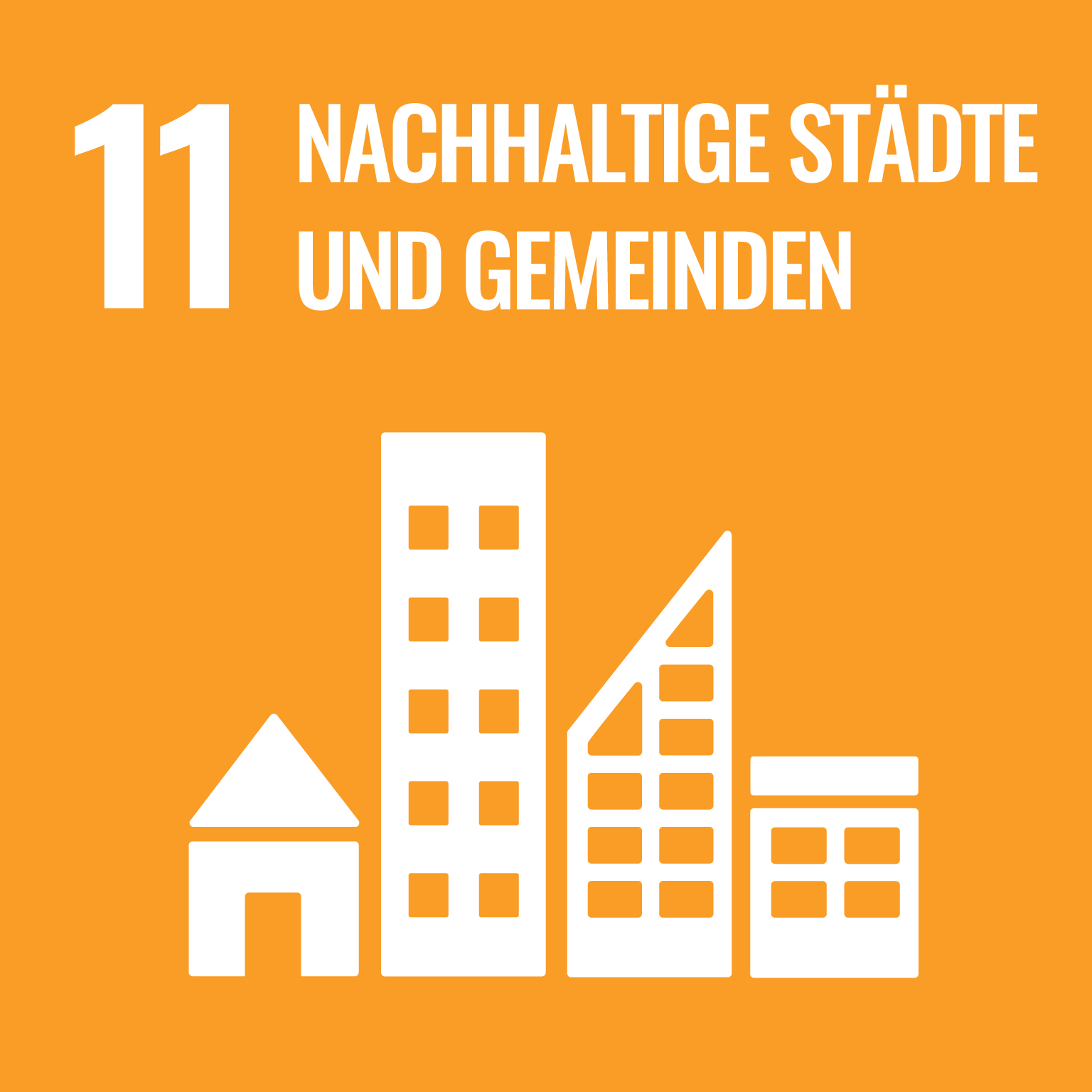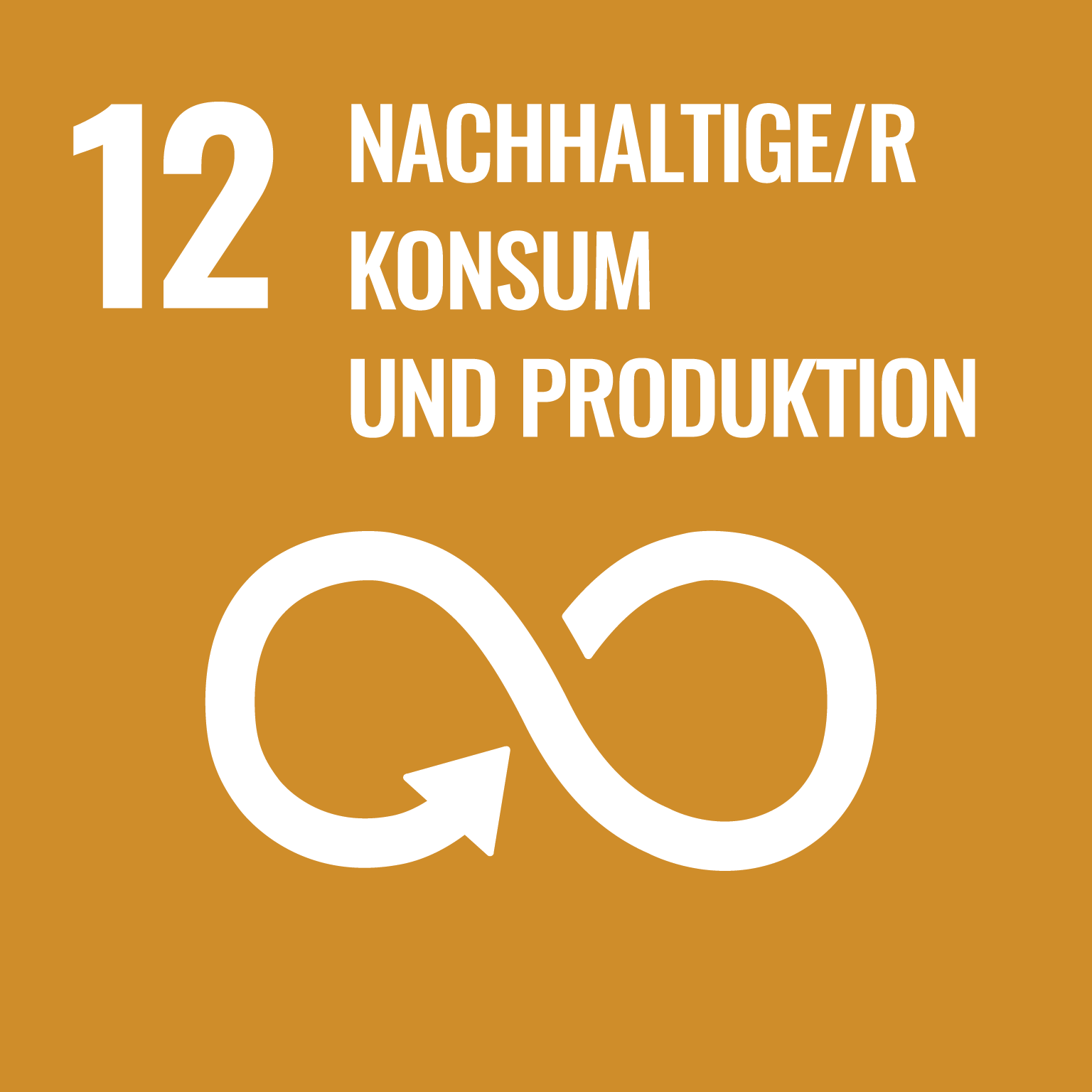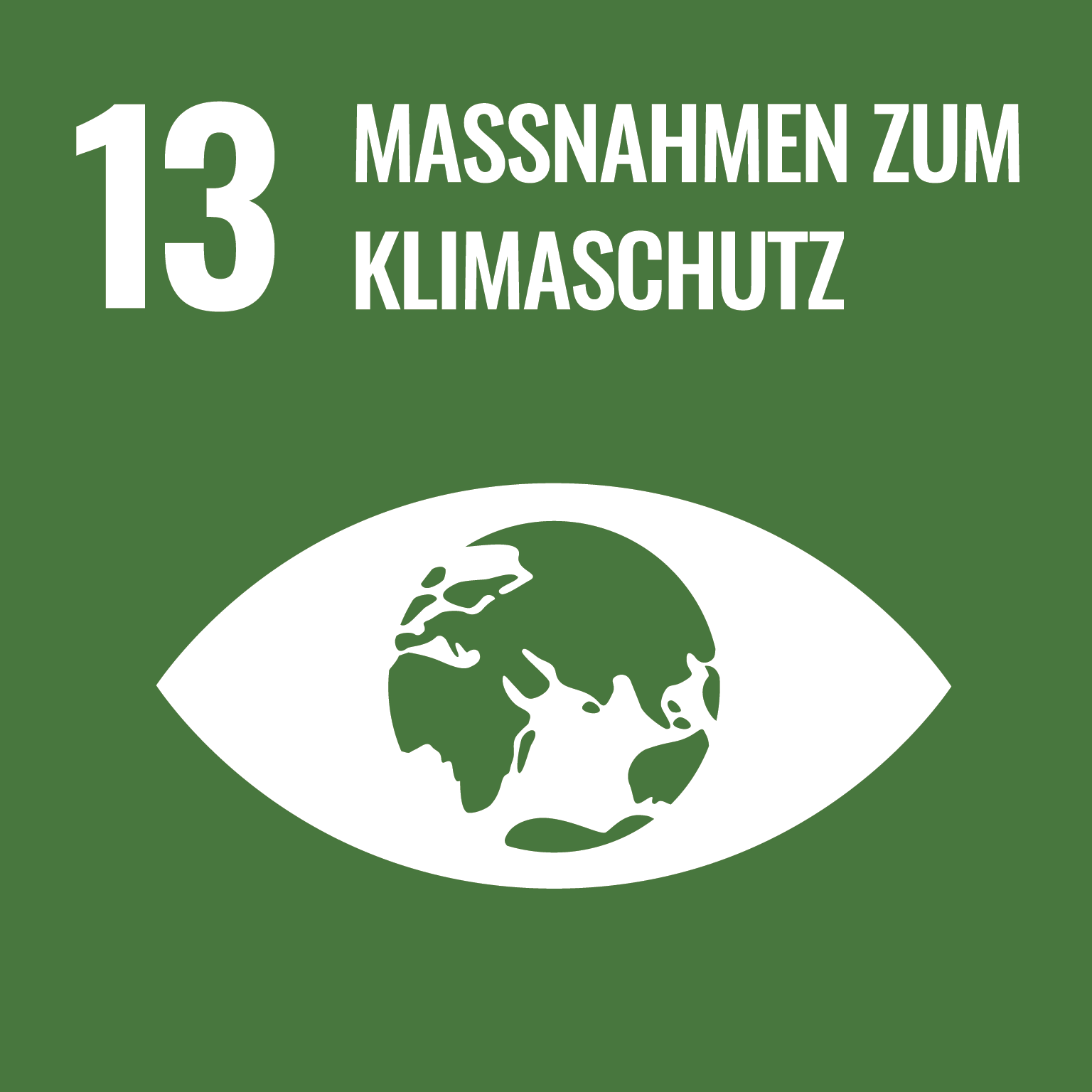SDG Law Tracker - Which laws does the German government implement?
End poverty in all its forms and everywhere
Our proposals
Does the government plan to implement them?
What is the status?
-
Around 20 percent of all children and young people in Germany grow up poor or at risk of poverty. This situation is accompanied by reduced opportunities in terms of their material and health well-being, cultural development and social participation. On the other hand, there is a network of state support in the infrastructural and monetary spheres. With regard to the latter, benefits are diverse but often not coordinated, complicated, difficult to understand for many beneficiaries and often unfair.
For this reason, a basic child allowance must be introduced that brings together the lump-sum benefits. The entitlement to the basic child allowance lies with the child itself. It should largely take precedence over other social benefits, so that children are taken out of the stigmatizing situation of receiving SGB II benefits and hidden poverty. With the help of a basic child benefit, it will be possible to reduce the poverty risk rate of children and young people to below four percent. The basic child benefit must be based on four central criteria. It must 1. ensure that the minimum subsistence level is adequate and equally secure for all children. This means that the amount a child needs in monetary terms (in addition to a good infrastructure) to grow up well must be determined realistically and appropriately. This subsistence minimum must then be the guideline for children's claims in social, tax and maintenance law; 2. be designed to be socially just, i.e., to be reduced in proportion to the income of the household in which the child lives - usually the family; 3. be paid out unbureaucratically and as directly as possible. The goal of a basic child benefit is to be claimed by 100 percent of those eligible, i.e., all children and youth; and 4. promote vertical equity. In 2021, the amount of the socio-cultural subsistence minimum is 695 euros. For children whose parents have high incomes, this amount is already recognized through the child-related allowances in tax law per child and month. As long as this amount is not realistically measured in another way and is valid under tax law, this is the minimum amount to which every child living in the middle of society or at the lowest income margin must be entitled. All children and young people living in Germany should be entitled to this amount.
For further reading and discussion:
http://www.kinderarmut-hat-folgen.de/
✓
-
In January 2023, Federal Minister for Family Affairs Lisa Paus presented key points for the planned basic child benefit, which is to take effect from 2025. The bill provides for financial support for families and children, such as child benefit, benefits under Social Code Book II (basic support for jobseekers) and Social Code Book XII (social assistance) for children, parts of the education and participation package, and the child supplement to be bundled into a single benefit. The planned basic child benefit is to consist of two parts: first, a guaranteed amount that is to be paid out in the same amount for each child, regardless of the parents' income. This component is to replace the current child benefit. Secondly, there is to be a supplementary child allowance, which depends on both the age of the child and the income of the parents.Following an agreement with Finance Minister Linder at the end of August, around 2.4 billion euros have been earmarked for the measure from 2025. Paus had originally called for 12 billion for a successful basic child allowance. The law is to be passed before the end of September and enter into force at the beginning of 2025.
-
Two-thirds of parents say they need additional care for their child outside of regular hours. For many families, the balancing act between childcare and work is almost impossible to master. Especially affected are people in jobs with shift and weekend work, as well as single parents, since they take on the main responsibility for the care of the children and are also the main breadwinners. Parents must be able to secure an independent existence for themselves and their children through gainful employment. This requires childcare services that cover parents' working and commuting times. A nationwide entitlement to needs-based supplementary and free childcare at off-peak times early in the morning, in the evening and at weekends up to the age of 14 must therefore be enshrined in law, e.g. in Social Code Book VIII. In addition, measures must be taken to make the world of work more family-friendly, for example by giving employees the right to choose their working hours and place of work, subject to operational reasons.
For further reading and discussion:
https://www.vamv.de/fileadmin/user_upload/lv_nrw/VAMV_Wirksamkeit-und-Nutzen-ergaenzender-Kinderbetreuung_2018.pdf
-
-
Advance child support is a state benefit for children of single mothers and fathers. It is paid out if the parent liable for maintenance does not pay, only partially pays or irregularly pays maintenance. About 50 percent of single parents receive no child support, and another 25 percent do receive child support, but it falls short of the legally required minimum. In contrast to regular child support, which must be paid until the end of the child's first vocational training, payment of the advance on child support ends no later than the age of 18. Furthermore, 100 percent of the child benefit is credited to the advance maintenance payment, and only half to the regular maintenance payment. The legal regulations on the advance on maintenance payments must therefore be reformed and brought into line with the regulations on regular maintenance payments.
For further reading and discussion:
https://familienportal.de/familienportal/familienleistungen/unterhaltsvorschuss
https://www.vamv.de/positionen/themen/familienpolitik/unterhaltsvorschuss
-
-
By the early 2030s, the general benefit standard of the statutory pension will fall by around 20 percent. The resulting security gap is to be closed by state-subsidized occupational pensions and private pension plans. In recent years, however, it has been observed that this partial privatization of pension provision contributes to worsening income inequality in old age and increases the risk of poverty in old age. To prevent this, the security level of the statutory pension must be raised again and, in perspective, reach 53 percent. The basic pension must protect against poverty in old age and be developed accordingly. Benefits that reward child-rearing should be strengthened and further developed to promote a partnership-based division between parents from the birth of the child in question. To this end, the orientation to the standard of living should be reintroduced by law and replace the priority of contribution stability. Furthermore, pension adjustments must be linked to wage and salary trends, and dampening and reduction factors must be abolished. The retirement age should not be raised further and should not be linked to statistical life expectancy. The agreed improvements in reduced earning capacity pensions must also be extended to existing pensions. A good pension presupposes that the statutory pension insurance system has the necessary contribution funds, and the financing of contributions should be shared equally. In this way, both employees and employers fulfill their social responsibility. A basic old-age pension must be made available to all people in Germany, regardless of their country of origin or residence status.
For further reading and discussion:
ver.di - Zentrale Anforderungen an die Parteien zur Bundestagswahl 2021
http://www.portal-sozialpolitik.de/index.php?page=fuer-eine-rente-mit-niveau
https://www.vamv.de/fileadmin/user_upload/bund/dokumente/Stellungnahmen/VAMV_PP_Alterssicherung_2019.pdf
≈
-
On Friday, June 3, 2022, the lower house of the German parliament passed a Draft law bill of the federal government on the adjustment of pensions in a version amended by the committee Version adopted with the votes of the SPD, CDU/CSU, Bündnis 90/Die Grünen, FDP and AfD, with the Die Linke parliamentary group abstaining. The bill provides for the reintroduction of the catch-up factor and paves the way for the annual pension increase on July 1. In addition, the law is intended to improve the situation of people who have been receiving a reduced earning capacity pension for some time. Finally, the sustainability factor is to be calculated differently in future to dampen fluctuations in pension adjustments. The Bundesrat approved the law on June 10.
More details
-
Almost 6 million people in Germany live wholly or partly on Hartz IV4. The current Hartz IV standard rates are not comprehensibly determined and do not cover needs. For the most part, the standard rates are well below the poverty risk threshold. Living on Hartz IV means permanent deprivation and denial of normal social participation. It is therefore time to make corrections to the assessment of the subsistence minimum. The calculation of standard needs must be based on the usual social standards and must not lead to needs not being covered. Therefore, in addition to a proper determination of benefits, a control mechanism is needed to check whether participation is actually possible with the recalculated subsistence level. Furthermore, the so-called "white goods" (refrigerator, washing machine, etc.) should not be included in the standard rate, but paid as a one-time benefit, and the currently very low flat rate for electricity costs should urgently be increased and oriented to actual expenses. In addition, the Federal Constitutional Court's 2010 ruling instructed the legislature that the need for education and participation must also be reflected in the standard rates for children. Thus, the deletion of several expenditure items for children with reference to benefits of the education and participation package (BuT) is not comprehensible. These benefits do not cover many individual needs, and their use depends on the availability of specific local services. For many children and young people, the subsistence level is not covered. All those who are dependent on state assistance should be guaranteed security without fear. However, the job centers can impose sanctions in the form of money cuts. For those affected, sanctions mean an existential threat - even homelessness. The job centers cut people's subsistence level around 1 million times a year. In order to protect humans against poverty, not only the Hartz IV rule sets must be increased but also the Hartz IV sanction abolished.
For further reading and discussion:
https://www.der-paritaetische.de/blog/article/2020/10/08/armut-abschaffen-nur-moeglich-mit-hoeheren-hartz-iv-leistungen/
https://www.zukunftsforum-familie.de/fileadmin/user_upload/pdf/infocenter/stellungnahmen/20201028_Stellungnahme_Ermittlung_Regelbedarfe_ZFF.pdf
www.sanktionsfrei.de
≈
-
The introduction of the citizen's income on 01.01.2023 will replace Hartz IV. The draft bill for the citizen's income presented by the German government was hotly debated in the Bundestag and Bundesrat, and ultimately failed in the Bundesrat. The recommended resolution of the mediation committee that was then set up advised deleting the planned sanction-free trust period at the start of receipt of the citizen's income, as well as halving the "waiting period" during which the actual costs of housing and heating costs are recognized and covered at an appropriate level. Also to a reduction of the Schonvermögen of 60,000 to 40,000 euro and of 30,000 to 15,000 for each further person living in the household advised the resolution. Furthermore, standard benefits should be reduced in stages by up to 30 percent from the outset. Who wants to avoid poverty actually, would have to increase compellingly the achievements of the basic safety device. The citizen money starts with a standard need of 502 euro for one:n adult:n. The benefit is thus adjusted to inflation, but not increased in real terms. This agreement proposal adopted by the Bundestag on 25.11.2022 misses some important measures demanded by us in the draft law "Increase of Hartz IV standard rates" which would give the citizen's income recipients existential security and strengthen SDG 1.
-
The Asylum Seekers' Benefits Act (AsylbLG) is a special social assistance system designed to cover the living expenses of certain groups of foreign nationals. It was originally introduced in 1993 to reduce social assistance benefits for certain groups of people and provide them in kind. In July 2012, the Federal Constitutional Court declared the then level of basic benefits under Section 3 of the AsylbLG to be unconstitutional, as they were manifestly insufficient to guarantee a constitutionally protected minimum subsistence level in human dignity. This was "equally entitled to German and foreign nationals who reside in the Federal Republic of Germany."" In March 2015, the legislature then fundamentally reformed the AsylbLG in order to implement the requirements of the Federal Constitutional Court. Since then, however, far-reaching restrictions have already been adopted again in several amendments. In August and September 2019, further serious tightening came into force, extending the benefit reductions under Section 1a AsylbLG to numerous new groups (e.g. Dublin cases), cut the standard needs for all single persons in shared accommodations by ten percent, remove the needs for household energy and housing maintenance from the standard rate in order to provide them separately instead, and thus cut the standard rates paid out for all, extend the pre-stay period for so-called "analogue benefits" from 15 to 18 months and even eliminate any entitlement to benefits for a certain group of refugees (i.e., "persons subject to an enforceable obligation to leave the country" without a tolerated status with an existing protection status in another EU state). Many of these restrictions are considered unconstitutional by experts. The law discriminates against asylum seekers and does not provide sufficient protection against poverty; it must therefore be abolished. Instead, those entitled to benefits should be included in the regular social systems.
For further reading and discussion:
https://www.der-paritaetische.de/fileadmin/user_upload/Publikationen/doc/auszug_asylbewerberleistungsgesetz_soziale-rechte-2019.pdf

